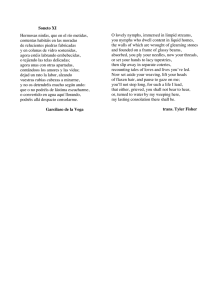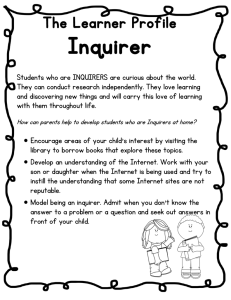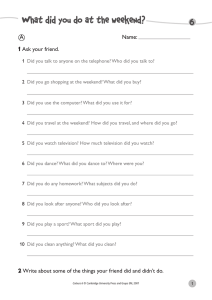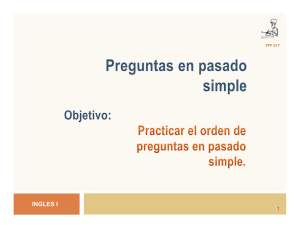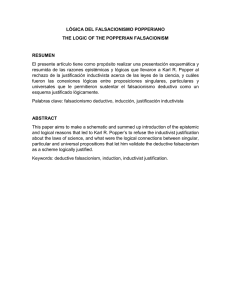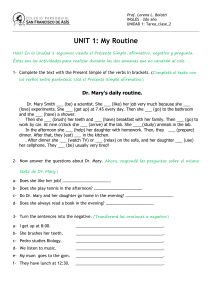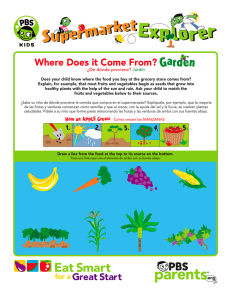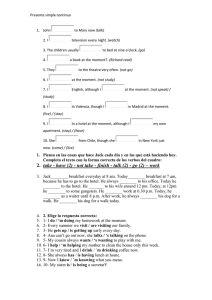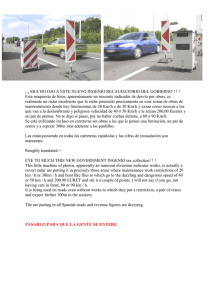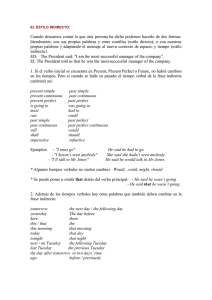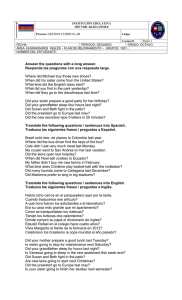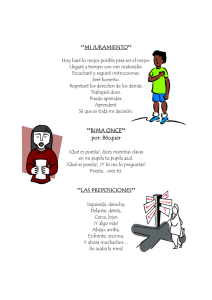Have you ever …?
Anuncio
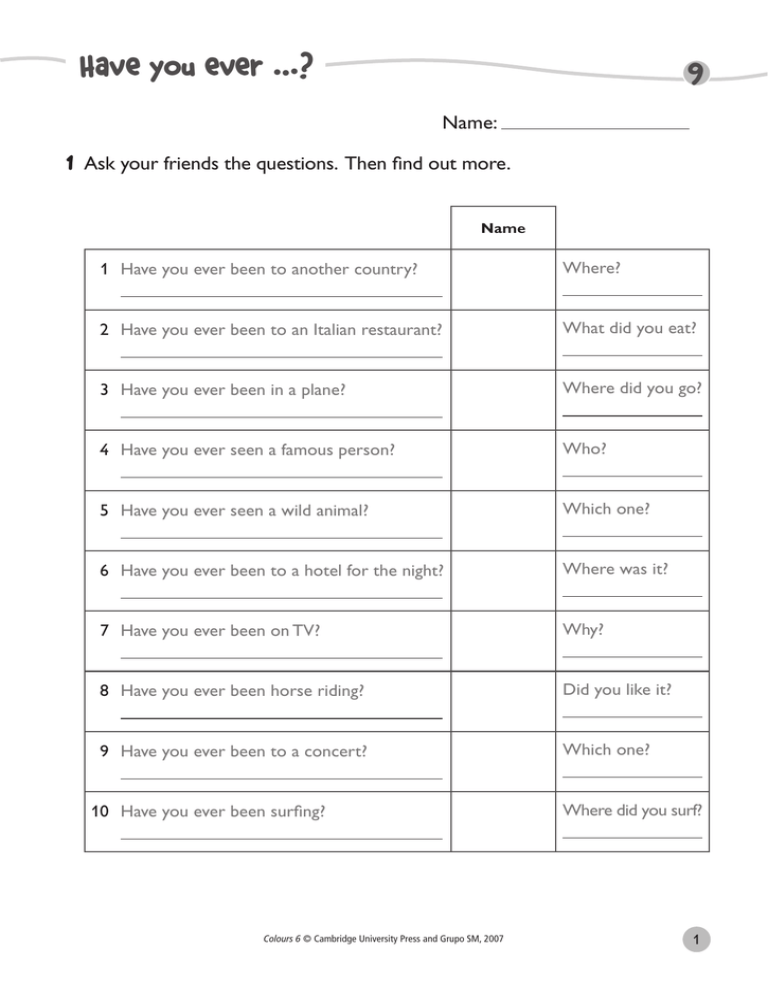
Have you ever …? 9 Name: 1Ask your friends the questions. Then find out more. Name 1 Have you ever been to another country? Where? 2 Have you ever been to an Italian restaurant? What did you eat? 3 Have you ever been in a plane? Where did you go? 4 Have you ever seen a famous person? Who? 5 Have you ever seen a wild animal? Which one? 6 Have you ever been to a hotel for the night? Where was it? 7 Have you ever been on TV? Why? 8 Have you ever been horse riding? Did you like it? 9 H ave you ever been to a concert? Which one? 10 Have you ever been surfing? Where did you surf? Colours 6 © Cambridge University Press and Grupo SM, 2007 9 Vocabulario Present Perfect, ever, been, seen 1 Ask your friends the questions. Then find out more. Los alumnos hacen las preguntas del cuestionario a diferentes personas de la clase y anotan su nombre en la tabla. Si la respuesta a la preguntas es afirmativa, siguen preguntando para obtener más información. Cuando tengan los cuestionarios completos pueden leer en voz alta algunas de las respuestas para el resto de la clase. Recuérdales que tendrán que cambiar la forma verbal have por has, por ejemplo Jaime has been surfing in Tarifa. Pueden también escribir en el cuaderno un párrafo sobre sí mismos contestando a las preguntas del cuestionario. Anímalos a que unan las oraciones con conjunciones. Vocabulary Present Perfect, ever, been, seen 1 Ask your friends the questions. Then find out more. The pupils work with different friends to ask and answer the questions. They write down the pupils’ names of the pupils they talk to and, if the answer is yes, they continue to ask questions to find out more. Once they have completed the questionnaire, they can read some of the answers aloud. Remind them to change the verb from have to has, for example Jaime has been surfing in Tarifa. They can also write a short paragraph in their notebooks answering the questions about themselves. Encourage them to use conjunctions. Colours 6 © Cambridge University Press and Grupo SM, 2007
